“How many people can say that Jonathan Nolan took them to Namibia?”: Ella Purnell on Fallout
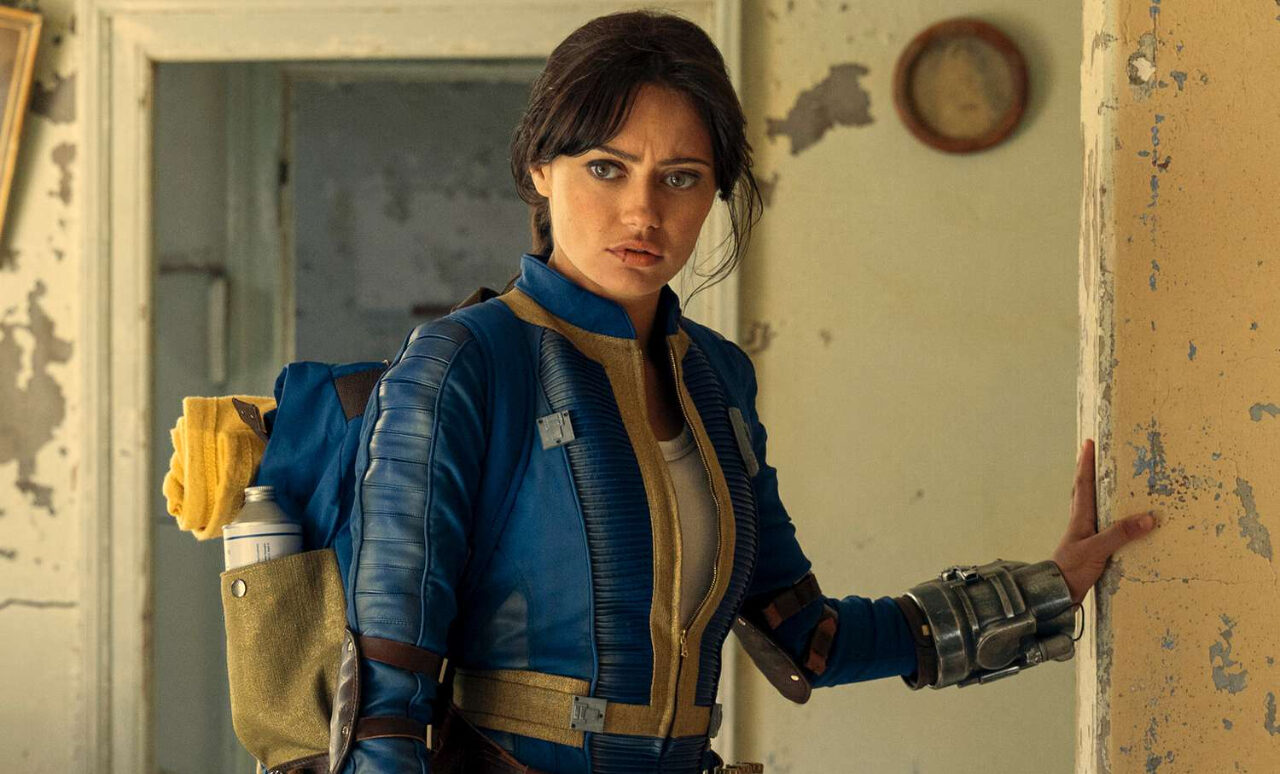
Fallout is the new series adaptation of the video game of the same name. It follows a post-apocalyptic world destroyed by a war that left nothing but barren wasteland and terrified survivors who took refuge in bunkers known as vaults.
Directed by Jonathan Nolan and filmed in some extreme and remote locations, the story follows three survivors called The Ghoul (Walton Goggins), Maximus (Aaron Moten) and Lucy (Ella Purnell) as they navigate this new world and learn about themselves, those that survived and ways they can rebuild their world. Although created with an aim to keep the authenticity of the game, fans can expect an original storyline not featured in the franchise.
The Upcoming had the pleasure of speaking to Purnell about her role as Lucy, a wholesome Vault Dweller who breaks free and has to face this new reality above ground in Los Angeles.
Ella, how did you prepare for your role in a post-apocalyptic world?
There’s so much research to do. I did try to play the games at first but I was getting quite stressed as I wasn’t doing well and I realised I only had two months and time was running out. So, I spent a lot more time watching other people playing the game on YouTube and Twitch, which was a far more efficient use of my time and also allowed me to see what people responded to, and the choices that they made. It let me dive into a world I wasn’t previously familiar with. There’s just so much stuff online, which is why I think I love doing adaptations because there’s so much to pull from. With a video game, you’ve got so much: the props, the Nuka-Cola, you’ve got all these different groups, you’ve got Vault-Tec, Vault Dwellers and the Brotherhood of Steel, there’s just so much law and context to pull from. I did enjoy the research aspect of this project.
Can you talk about the action scenes? Were they physically demanding and did you use a stunt double for some of them?
I did a lot of it myself, partly because I wanted to and be challenged and have that experience and because Jonathan [Nolan] likes to do a lot of things as practically as he can, so there’s actually very little green screen or CGI. A lot of it is puppets and real-life practical things that they built like the power suit or the Pip-Boy, for example, so the same applies for the stunts. I was a little bit nervous at the beginning when I got the part. I knew it was going to be stunt-heavy and there was going to be lots of action sequences and physical aspects to the role. I’m really glad I started working out before we started filming and built up my endurance a bit. Partly because I wanted to tone my body a bit to reflect what Lucy would look like. She’s been training her whole life. She’s very athletic. Far more athletic than me personally, she would have a little bit more muscle. But mostly it’s an endurance thing, not only for the stunts, but you’re working long days on a ten-month job in harsh conditions where it’s very hot or very windy or cold, and you’re weighed down by weapons and gear and it’s important to be healthy and feel strong in yourself. That being said, I can’t take all the credit. I have a wonderful stunt double, her name was Hannah and our stunt teams were incredibly talented and experienced. For example, in the first episode, there was this ginormous, long but also vast in scale stunt sequence that involved maybe 100 to 150 and they choreographed this whole thing and it’s mainly our stunt performers and stunt team that are in it and it’s just beautiful. It’s a spectacle. It’s gorgeous.
Can you talk about the use of CGI in proportion to the set design? Which of the sets was the most impressive to you?
I think it was probably 80/20 or 90/10 practical. For example, I mentioned the powerama – that was real. There was a stunt performer called Adam who was moving around in the suit, dancing, all those things and that never gets old when you’re sitting eating your lunch opposite this giant robot powerama and it’s so iconic from the games. It really does feel like a “pinch me” moment. The Pip-Boy was another really fun one to interact with, it was essentially a sideways iPhone in a magnetic contraption that clasps open and closed but you can interact with it. Obviously, the buttons don’t all work. so you’ve got someone with a controller off-screen controlling the iPhone. We also flew to Namibia and used the skeleton coast as our California coastline. I mean, how many people can say that Jonathan Nolan took them to Namibia? It was a beautiful location. For the sets, I have to shout out Howard and his team, who did such an incredible job. The vaults suits, the town, the Filly, every set you could get lost in for hours. The attention to detail is phenomenal.
Is there any other character from fiction that you took inspiration from to play Lucy?
I actually focused a lot of my research around Vault Dwellers. There’s a lot of information to be found out there online on Reddit. That was where I started, I really wanted to get into the mind of someone who had lived underground in a vault their entire life, who had been born and raised there and also who believed in their core that their life purpose was to procreate and create the next generation of vault dwellers who will go up to the surface one day and rebuild America. There’s something very cultish and religious about that belief and I wanted to tap into that. There is one reference to that theme on Unbreakable Kimmy Schmidt. I watched the first episode and it starts with her leaving the underground and she’s like a Disney princess and she leaves for the first time and she’s thrilled. That was the closest thing I had to Ned Flanders in the apocalypse, which was another reference.
Not only is the show surprisingly funny, Jonathan Nolan has also said he sees it as a hopeful show about the future. Do you agree with that? Do you see that in Lucy?
Absolutely. I think she definitely represents, at least at the beginning of the show, the hope and the goodness in the good, the bad and the ugly. I love how she starts so innocent and naive, inherently privileged and, pardon the pun, but incredibly sheltered. The theme of morality is explored in Lucy in the way that she has to decide when she goes up to the Wasteland where people aren’t like her – theres’s hardship, trauma and suffering, something she’s never had – so she has to decide if she still believes in the golden rule: do I still believe people are inherently good? Do I still believe it’s my purpose to rebuild America? Watch from episode one how those beliefs melt away. So Lucy might be the beacon of hope in the beginning, but my question to people is, do you still think she’s the beacon of hope at the end of the show? I’m really interested for people to see how she transforms and changes.
Ezelle Alblas
Fallout is released on Prime Video on 11th April 2024.
Watch the trailer for Fallout here:

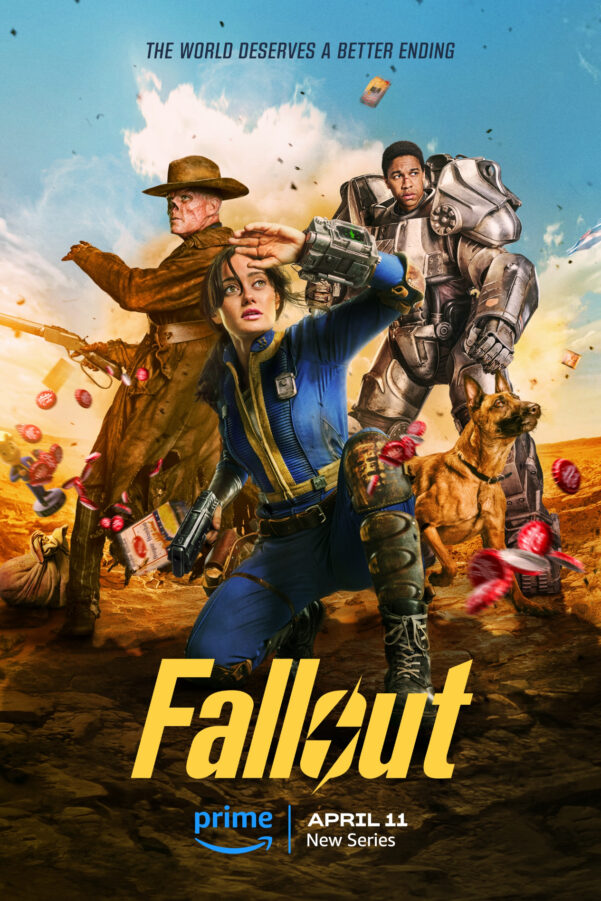
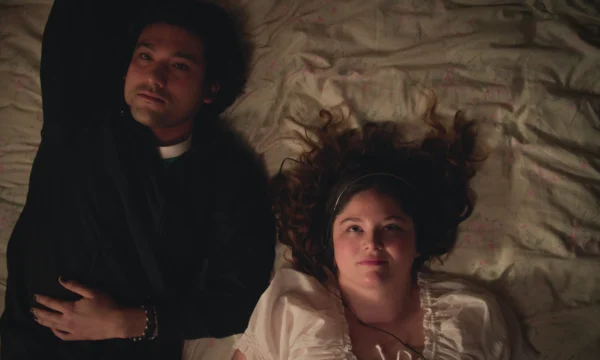
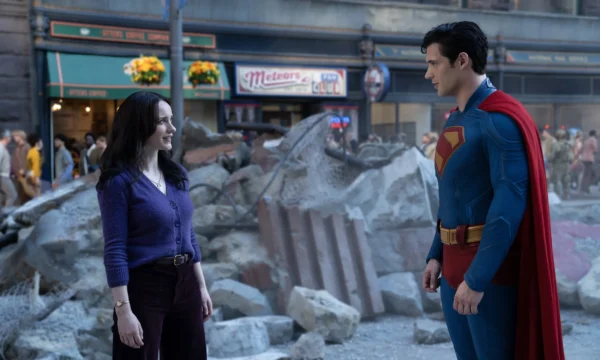
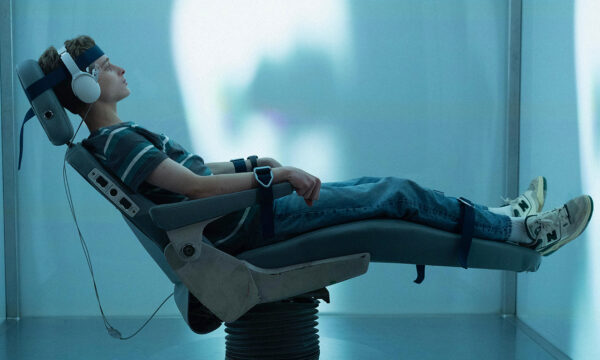
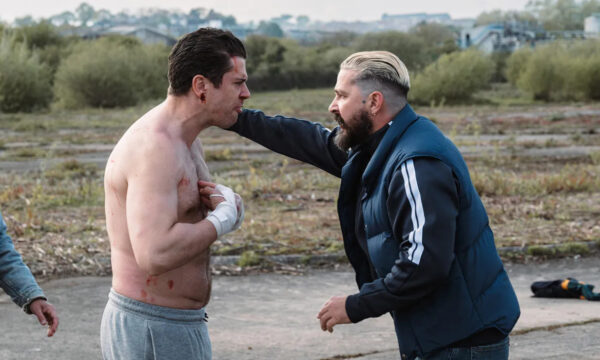
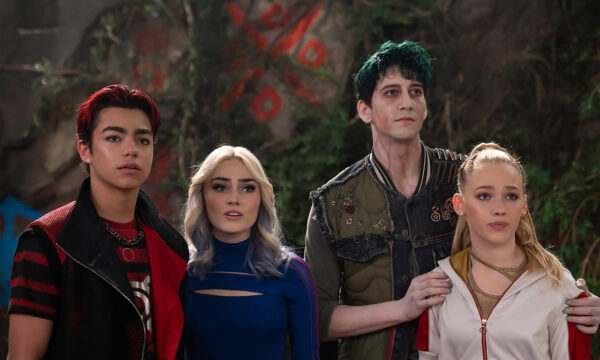
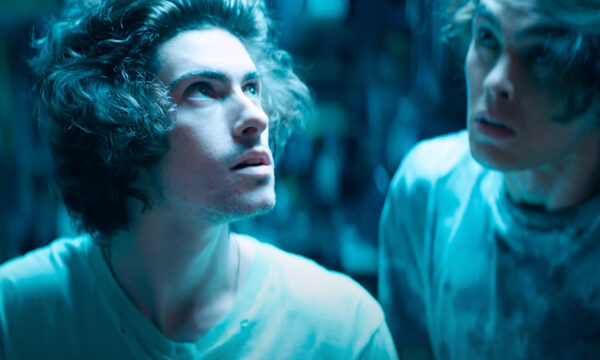
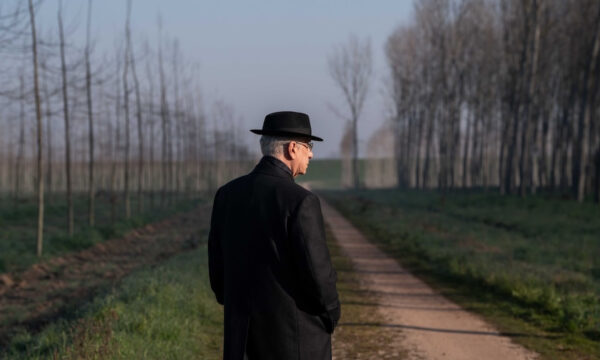
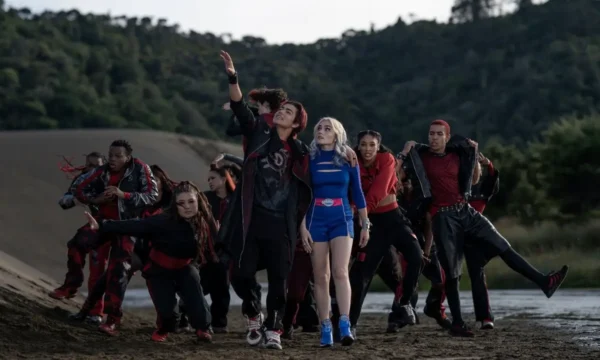
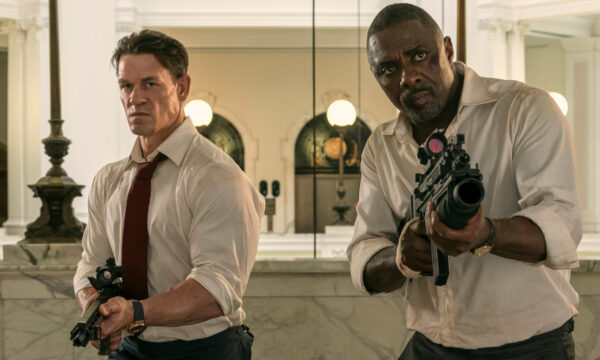
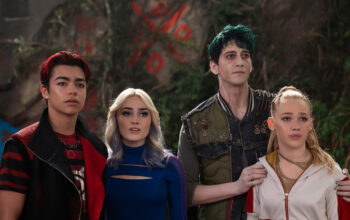
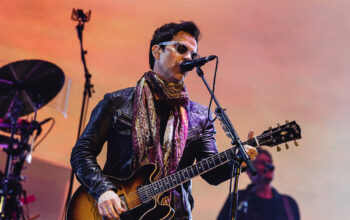
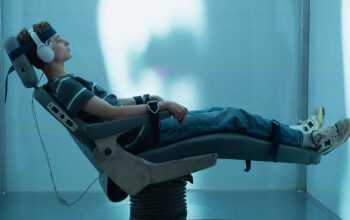
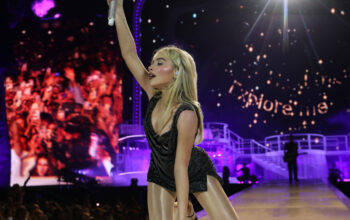
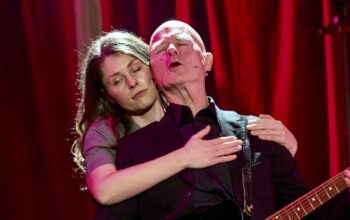

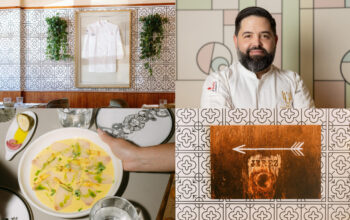



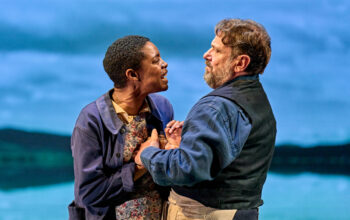
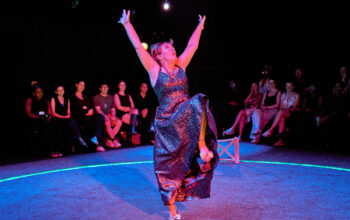
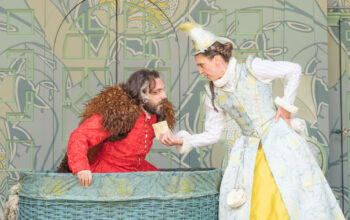
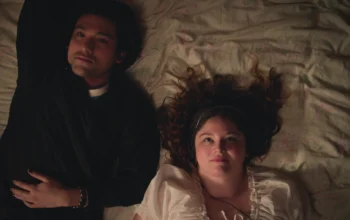
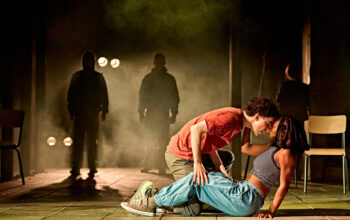
Facebook
Twitter
Instagram
YouTube
RSS